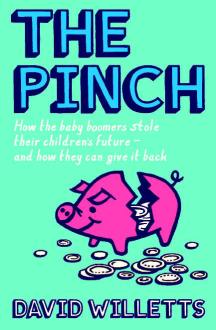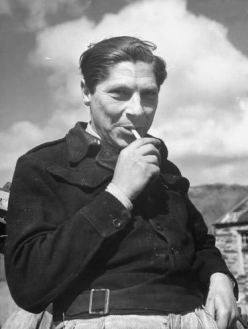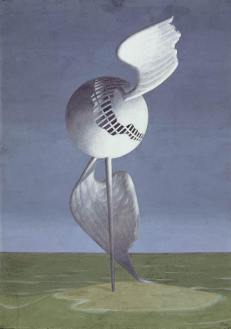Throw it in a stream
I know a British couple with a Chinese daughter, pretty and fluent in English. Of course the little girl was adopted. It is necessary to steel one’s self against three agonising thoughts: how did such children come to be here, why does one never meet an adopted Chinese boy, and what does one reply when the adopted Chinese child asks, ‘Why did my real mother let me go?’ There is already substantial information on this subject, including television documentaries, none of it mentioned by Xinran. No one has exposed the scandal of Chinese orphanages, the starting point for the traffic in babies to foreigners — there are now well over



















